No products in the cart.
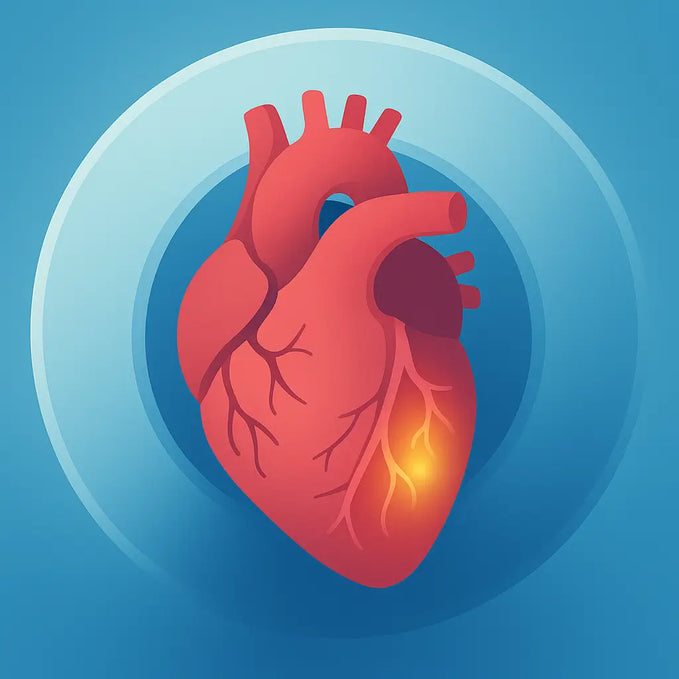
Why a “Zero Calcium Score” Doesn’t Mean Zero Heart Risk – Especially if Your LDL is High
Posted by: Didrik Sopler, Ph.D., L.Ac.
Zero calcium score isn’t a free pass. High LDL still raises heart disease risk with hidden plaque—especially in younger adults. See what CAC 0 means.
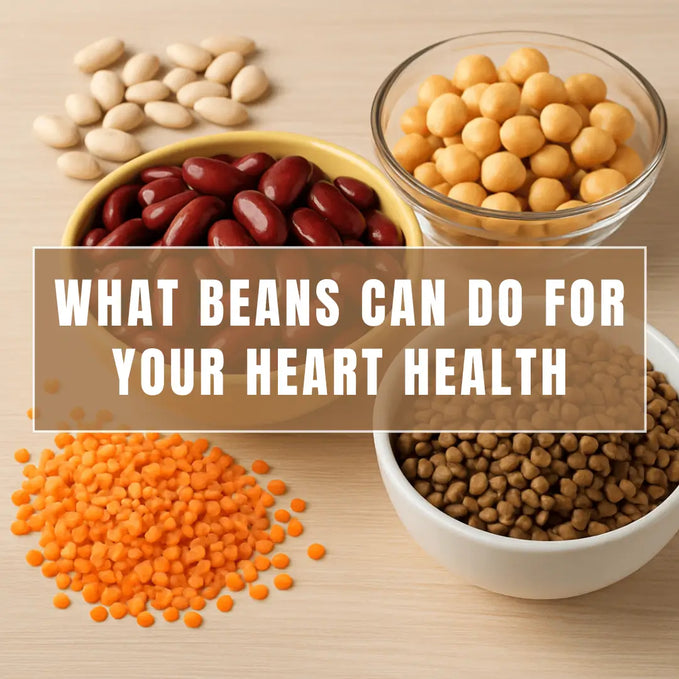
Want to Lower Blood Pressure? Eat More Beans. Here’s Why.
Posted by: Didrik Sopler, Ph.D., L.Ac.
Discover how beans, lentils, and chickpeas can lower blood pressure naturally and boost heart health—cheap, simple, and science-backed.
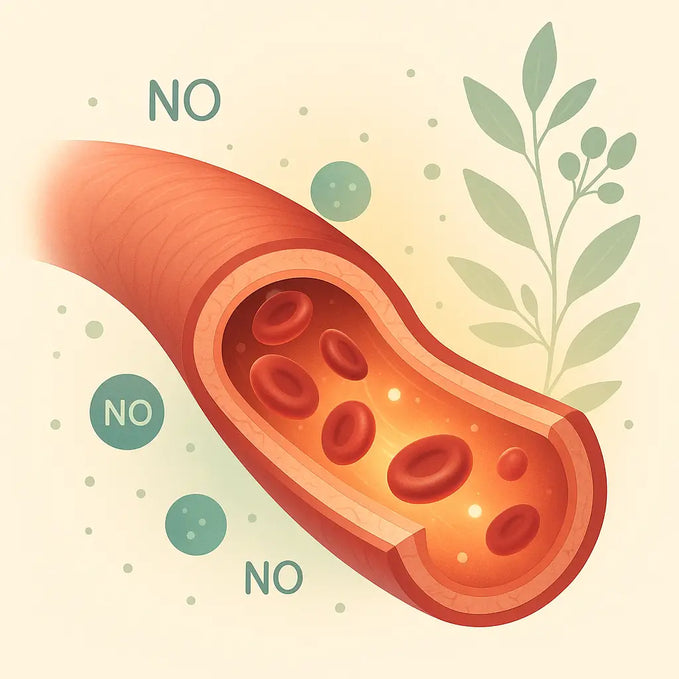
Berberine and Blood Vessel Health: A Surprising Connection You Should Know About
Posted by: Didrik Sopler, Ph.D., L.Ac.
Berberine boosts blood vessel function: study shows fewer EMPs better FMD and nitric oxide. Discover how it supports heart health and metabolism today!
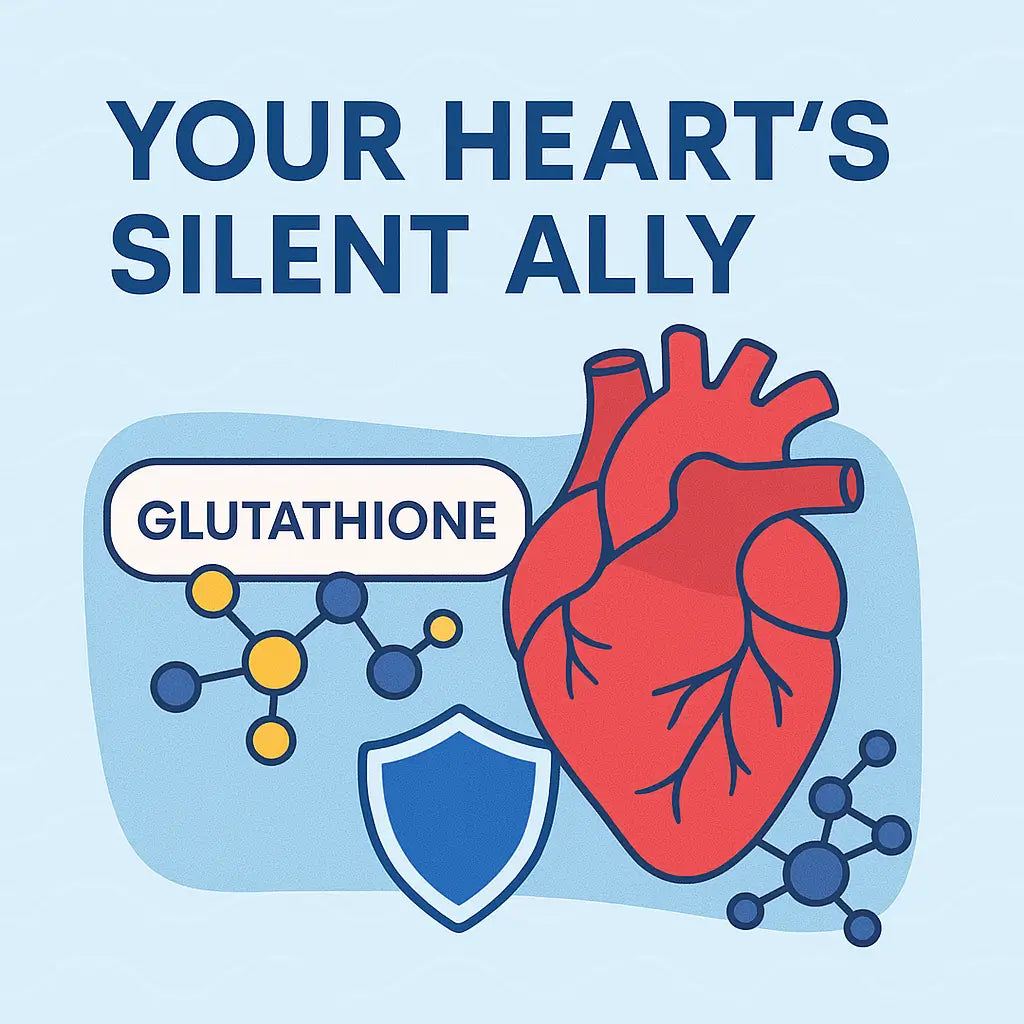
Glutathione Explained: The Secret Molecule That Could Save Your Heart
Posted by: Didrik Sopler, Ph.D., L.Ac.
Discover how glutathione protects your heart, fights oxidative stress, and boosts cellular health—naturally. Your heart's secret weapon starts here.

Hidden Fat in Your Muscles Is Harming Your Heart – Here’s Why
Posted by: Didrik Sopler, Ph.D., L.Ac.
Discover how fat inside muscles could harm your heart and what you can do to improve muscle health. Learn proven strategies to reduce risk.
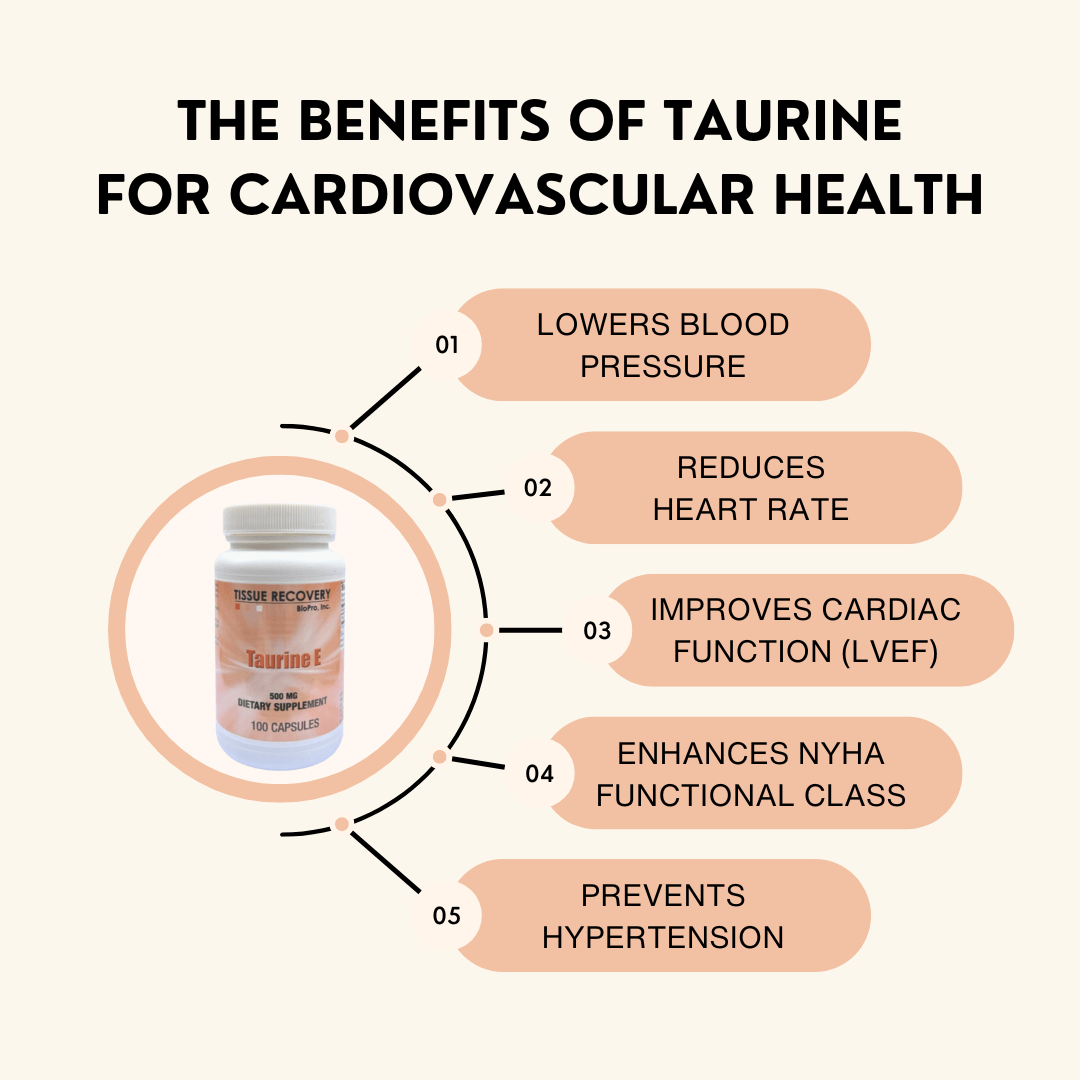
The Benefits of Taurine for Cardiovascular Health
Posted by: Didrik Sopler, Ph.D., L.Ac.
Taurine is more than just an amino acid. Emerging research highlights its impressive benefits for cardiovascular health, including blood pressure reduction and improved heart function. Learn how taurine can potentially enhance your heart health.
Read more
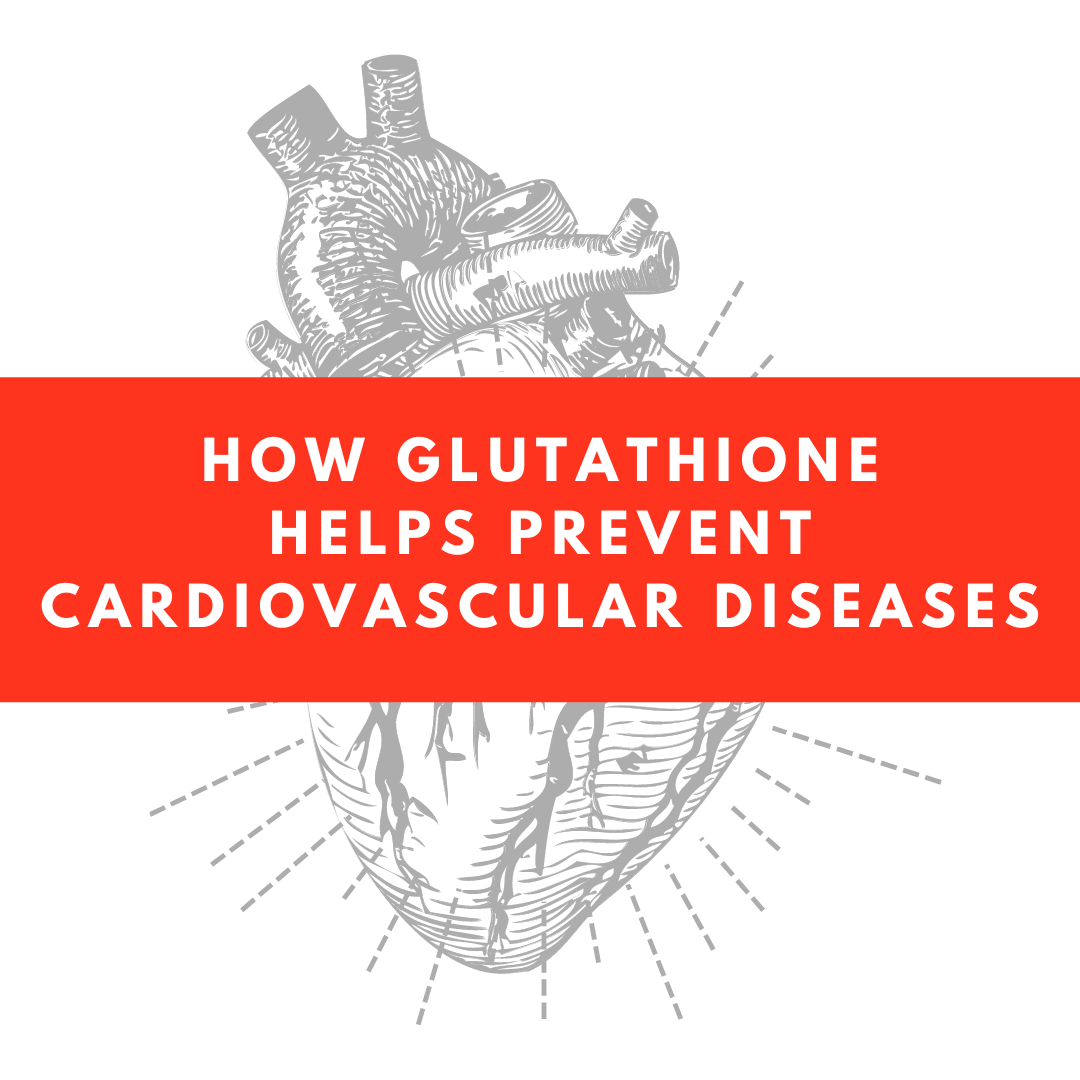
How Glutathione Helps Prevent Cardiovascular Diseases
Posted by: Didrik Sopler, Ph.D., L.Ac.
Cardiovascular diseases are a leading cause of death globally. Glutathione, a powerful antioxidant, plays a critical role in reducing the oxidative stress that contributes to these conditions. This article explores the science behind glutathione's impact on heart health and how it can be leveraged to prevent cardiovascular issues.
Read more
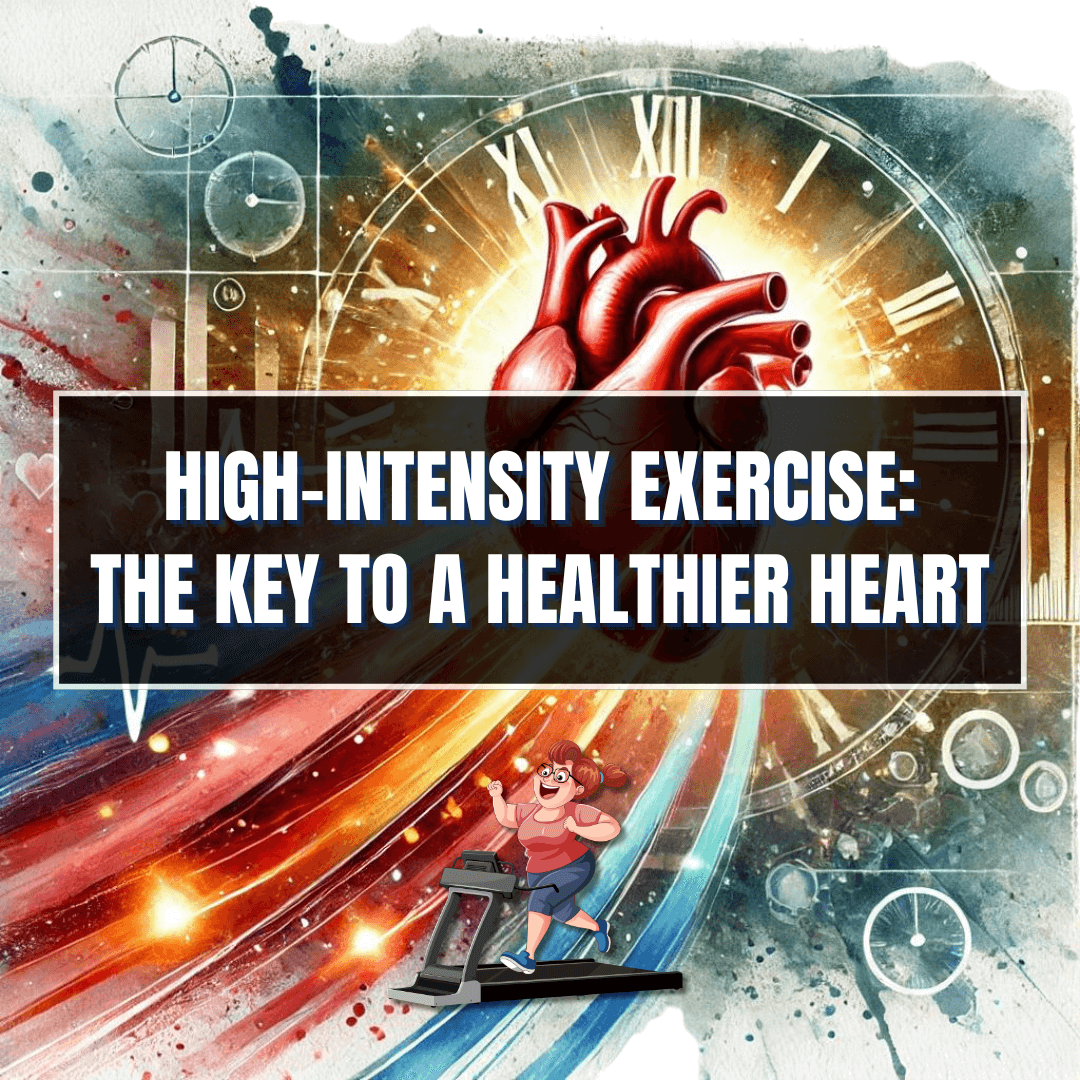
Can High-Intensity Exercise Reverse Aging's Impact on the Heart?
Posted by: Didrik Sopler, Ph.D., L.Ac.
Poor fitness and sedentary aging can increase heart stiffness, leading to heart failure. But can high-intensity exercise reverse these effects? A study suggests it can. Read on to discover how high-intensity workouts may protect your heart and slow aging.
Read more
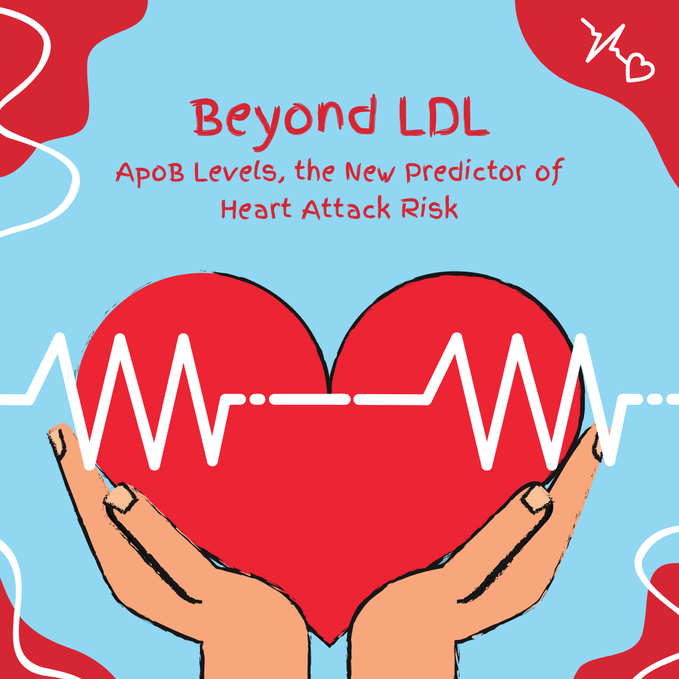
This Predicts the Risk of Heart Attacks Better Than LDL
Posted by: Didrik Sopler, Ph.D., L.Ac.
Did you know that managing LDL cholesterol might not be the most effective way to predict heart attack risk? Recent studies point to a game-changer in heart health: LDL and VLDL particles, specifically apoB particles, may predict heart attack risks more accurately than traditional cholesterol tests.
Read more
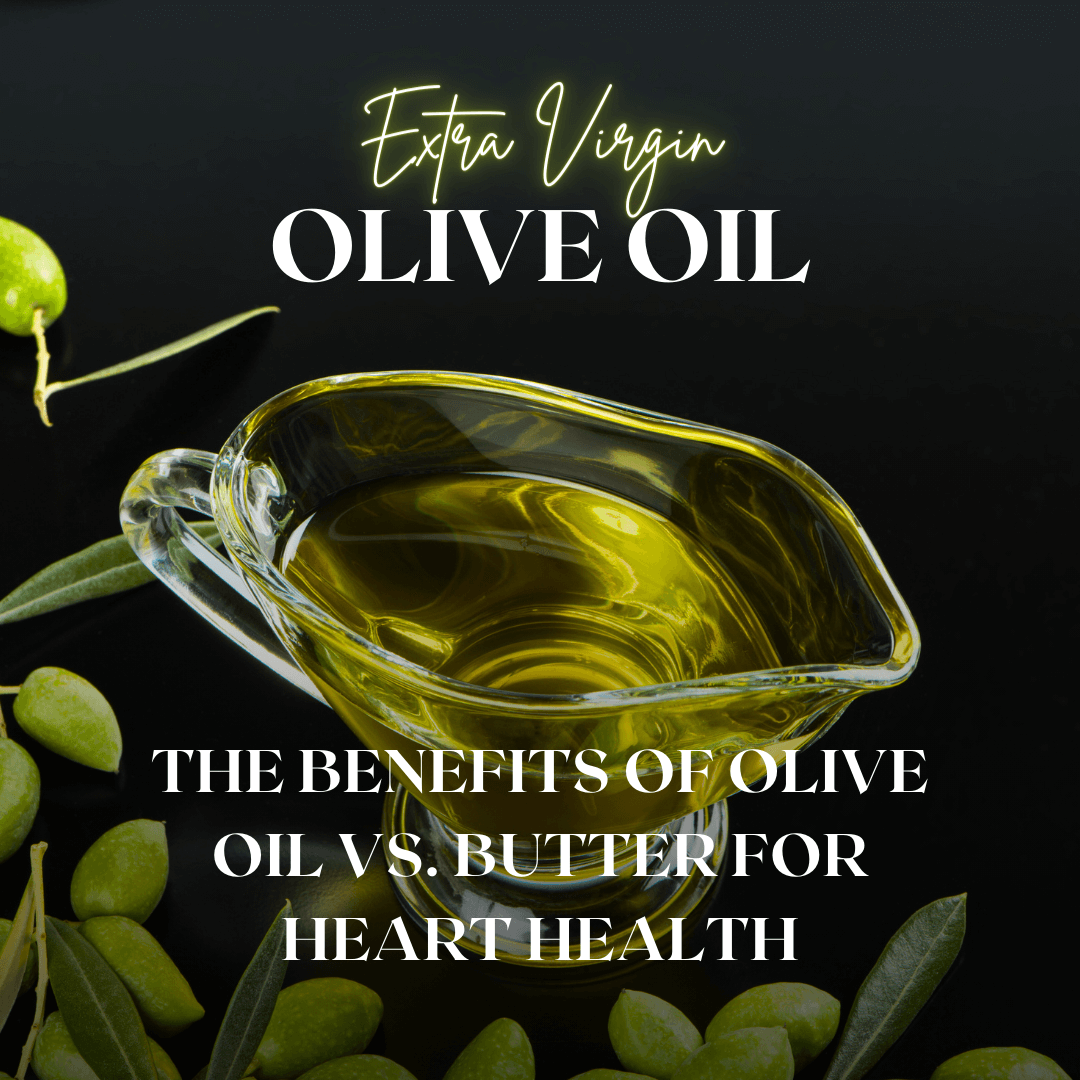
Simple Change Can Decrease Cardiovascular Risk Factors
Posted by: Didrik Sopler, Ph.D., L.Ac.
This study looked at how olive oil, compared to butter, affects our heart health markers, like blood pressure and cholesterol level.
Read more

What can glutathione do for cardiac protection
Posted by: Didrik Sopler, Ph.D., L.Ac.
The glutathione system is a vital defender against heart damage, acting as an antioxidant powerhouse within the cardiovascular system.
Read more
What factors are playing a role in Alzheimer’s, cognitive decline and cardiovascular disease?
Posted by: Didrik Sopler
Alongside oxidative stress and inflammation, altered cholesterol metabolism and hypercholesterolemia also significantly contribute to neuronal damage and to the progression of Alzheimer’s disease (Gamba P, et.al., 2015). Levels of oxysterols derived from cholesterol oxidation and inflammatory mediators have been found to be increased in the brains of Alzheimer’s patients (Testa...
Read more
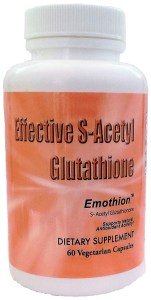
Can free radicals clog up your arteries?
Posted by: Didrik Sopler
Yes they can. Oxidative stress is recognized as an important factor in the creation of cardiovascular disease. The following research is interesting because the participants were 114 healthy non-smokers without any known atherosclerosis (Ashfaq S, et al. 2006). Oxidative stress was estimated by measuring blood levels of glutathione, it’s oxidized...
Read more
Does protein affect your risk for cardiovascular disease?
Posted by: Didrik Sopler
We basically have 4 big categories of fat, monounsaturated fat (MUFA), polyunsaturated fat (PUFA), saturated fat and trans fat. Examples of MUFA are nuts. Examples of PUFA are vegetable oils, but also some nuts, especially walnuts and also omega 3 fat from fish and fish oil. The highest amount of...
Read more
Omega 3 fatty acids and your arteries.
Posted by: Didrik Sopler
Arteries usually get stiffer as we get older. I review at a lot of research, and my conclusion is that it is not how many years you have lived that is the most important factor, but your lifestyle and nutritional habits. Eating healthy anti-inflammatory food and stressing your body regularly...
Read more
Easy way to improve the function of your blood vessels.
Posted by: Didrik Sopler
Vascular endothelium function tend to decline as we get older unless we have a healthy lifestyle and eat a certain way. The endothelium is the inner layer of the blood vessels. Research has shown that the severity of endothelial dysfunction relates to cardiovascular disease (Widlansky ME, et al. 2003). Is...
Read more
Early predictor of atherosclerosis.
Posted by: Didrik Sopler
Oxidative stress is an important factor in the development of atherosclerosis (buildup in the arteries). For that reason, measuring oxidative stress could be used as a predictor of early atherosclerosis. This is what was investigated in a study of healthy non-smokers (Ashfaq S, et al. 2006). Carotid intima-media thickness was measured...
Read more
Can it be this easy to reduce your risk of dying?
Posted by: Didrik Sopler
Cardiovascular disease will increase your risk of dying, that is well established. If you could decrease your risk for cardiovascular disease, you would decrease your risk of dying. The research I review here will show you a very easy way to do that. The study included 9,820 participants with an average...
Read more






